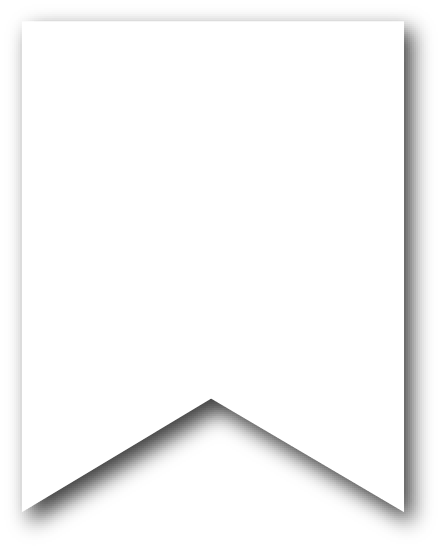September is National Preparedness Month.
This year’s theme is Preparing for Older Adults. Older adults may have specific needs, such as chronic health conditions, that influence how they should prepare for disasters. We’ll share some tips for them. Some can translate to all people. We’ll also highlight some disasters that can impact lung health. Please take what you can from this.
Source: FEMA (Preparing Makes Sense for Older Americans – YouTube)
Preparedness Tips
- Know what disasters could affect your community.
- Communication: plan how you’ll communicate if you have a communication need. Texting may work when phone calls don’t. Consider having a point-of-contact in your area and out of area.
- Transportation: make sure transportation can accommodate your needs. Does it have space for a walker or wheelchair if you use one?
- Assistive Devices: have a plan for evacuating with your assistive devices and/or medical equipment. Practice ahead of time.
- Backup Power: consider having backup power options, especially if you use medical devices that require electricity at some point.
- Emergency Kit: have a kit prepped with things like medication, medical supplies, batteries, chargers, extra sanitary and dietary supplies, etc.
- Documents: have copies of your insurance cards (Medicare, Medicaid, or other) and other important documents. Think about important contact information, medications, and other information that first-responders may need if they are assisting you.
- Pets and Service Animals: have food, water, and essentials in your emergency kit for any pet or service animal you have.
Source: FEMA, Salvaging Family Treasures (pictures) (https://youtu.be/r0zuFe96knI)
Disasters That Impact Alaska
Activities that may occur in state. However, some occur more regularly than others. Things that are bolded and italicized can impact lung health. Learn more about how here.
- Avalanche
- Landslides
- Earthquakes
- Volcanic Eruptions
- Flood
- Tsunami
- Excessive snow
- Wildfires and urban fire
- Windstorms
- Extreme temperatures
- Loss of fish/wildlife or subsistence lifestyle
- Fuel, oil, or chemical spill
- Pandemic
- Transportation accidents (maritime, plane, train, motor vehicles)
- Civil unrest, protests
- Terrorism,
- Criminal Activity
- Critical Infrastructure loss (power plants, water, fuel storage, communications, healthcare, etc.)
Resources
Note: the first three website pages can be translated to Arabic, Spanish, French, Haitian Creole, Japanese, Korean, Russian, Tagalog, Vietnamese, and Chinese.
- Older Adults | Ready.gov: older adults can learn more about ways to prepare for emergencies.
- Ready Kids | Ready.gov: if you have kids or are an educator, use this link for kid and teen friendly education.
- People with Disabilities | Ready.gov: use this page if you or a loved one has a disability.
- DHS&EM | Home (alaska.gov): Alaska’s Division of Homeland Security and Emergency Management webpage.
- 10 Tips to Prepare for a Natural Disaster (lung.org): tips to prep for natural disasters if you have lung disease.
- Emergencies & Natural Disasters | American Lung Association: learn how natural disasters can impact lung health.
- FEMA App: learn ways to take charge before, during, and after a disaster. Available for download on iOS and Android.
- Emergency preparedness in Alaska – Alaska Public Media: approx. 27 minute video about emergency preparedness in Alaska.
- Save Your Family Treasures: learn how to restore items, like photos, books and documents/papers after a disaster.



